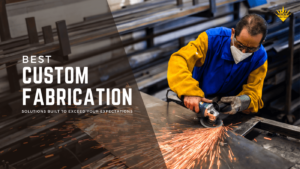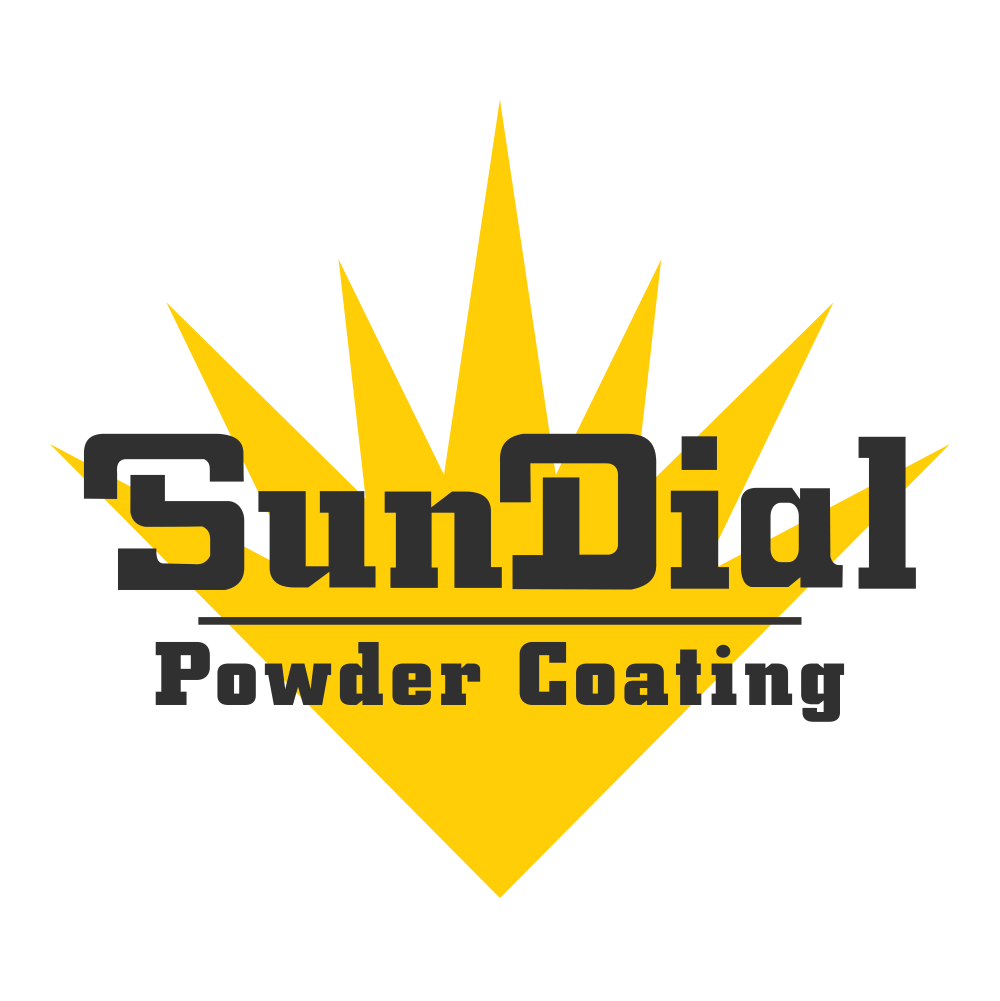Custom fabrication may sound technical, but in reality, it’s a vital process that impacts many industries and everyday products. Whether it’s designing parts for a car, creating unique architectural structures, or manufacturing bespoke furniture, custom fabrication plays a key role. But what exactly is custom fabrication, and why is it so important?
Let’s break it down and explore why this field is not just for engineers but also for anyone looking for tailored solutions in their business or personal projects.
What is Custom Fabrication?
At its core, custom fabrication refers to the process of creating products or parts that are tailor-made for a specific purpose. Instead of relying on off-the-shelf components or generic parts, custom fabrication allows for the design and production of items that meet exact specifications. This can involve cutting, welding, bending, or assembling various materials like metal, plastic, or wood to create something that fits perfectly into a project.
Imagine you need a part for a machine that’s no longer in production. Instead of searching for a generic replacement that may not fit or perform well, custom fabrication enables you to replicate or even improve upon the original part. This flexibility is one of the main reasons custom fabrication is so valuable.

Why Custom Fabrication Matters
Custom fabrication offers several advantages that make it essential across many industries. Here are some key reasons why it matters:
1. Precision and Personalisation
When you work with custom fabrication, you’re not bound by the limitations of standard components. You can specify exact dimensions, materials, and finishes to meet the needs of your project. This is crucial in industries where precision is everything, like aerospace, automotive, or medical devices. A few millimetres can make all the difference in these fields, and custom fabrication ensures that everything fits together seamlessly.
It’s not just about technical precision either—custom fabrication allows for creativity. Architects, for example, use it to bring bold, unique designs to life. If a project demands something that stands out or fits into a particular aesthetic, custom fabrication can make it happen.
2. Problem Solving
Custom fabrication often steps in where traditional solutions fail. Off-the-shelf parts might not solve the problem because they’re not designed for that specific situation. With custom fabrication, you can create components that perfectly address the issue, ensuring the right fit and function.
3. Durability and Quality Control
One of the key benefits of custom fabrication is the control it gives you over the quality of materials. By choosing the exact materials suited to your project—whether it’s high-grade steel for strength or aluminium for lightweight flexibility—you ensure that the end product is built to last. Custom fabrication allows you to maintain strict quality control over your project, ensuring that the final product is durable and long-lasting.
4. Cost Efficiency in the Long Run
While custom fabrication might initially seem more expensive than using mass-produced parts, it can actually save money in the long run. Custom-made parts fit better, perform more reliably, and often last longer, meaning fewer replacements or repairs down the line.
Conclusion
Custom fabrication isn’t just about creating parts; it’s about providing tailored solutions to specific needs. Whether in architecture, manufacturing, or even automotive restoration, the advantages of precision, problem-solving, and quality control are undeniable. Businesses and individuals alike can benefit from the flexibility and durability that custom fabrication offers.
At Sundial Powder Coating, we understand that the final touches, such as durable finishes, are just as important as the fabrication itself. Our custom powder coating services enhance the quality and longevity of your fabricated parts, ensuring they stand out not just for their design, but also for their lasting durability.
FAQs on Custom Fabrication
1. What is custom fabrication?
Custom fabrication is the process of creating specialised parts or products tailored to specific needs. Unlike mass production, it allows for precise design and personalisation to ensure the best fit and performance.
2. What materials are used in custom fabrication?
Custom fabrication can use metals like steel and aluminium, as well as plastics and wood. The material depends on the project’s requirements for strength, weight, and durability.
3. What are the benefits of powder coating for custom fabricated parts?
Powder coating adds a durable, protective finish to custom fabricated parts, preventing rust and wear. It also enhances the appearance with various colours and finishes.
4. Is custom fabrication expensive?
While the upfront cost can be higher, custom fabrication is cost-effective in the long run due to better fit, higher quality, and fewer repairs or replacements needed.
